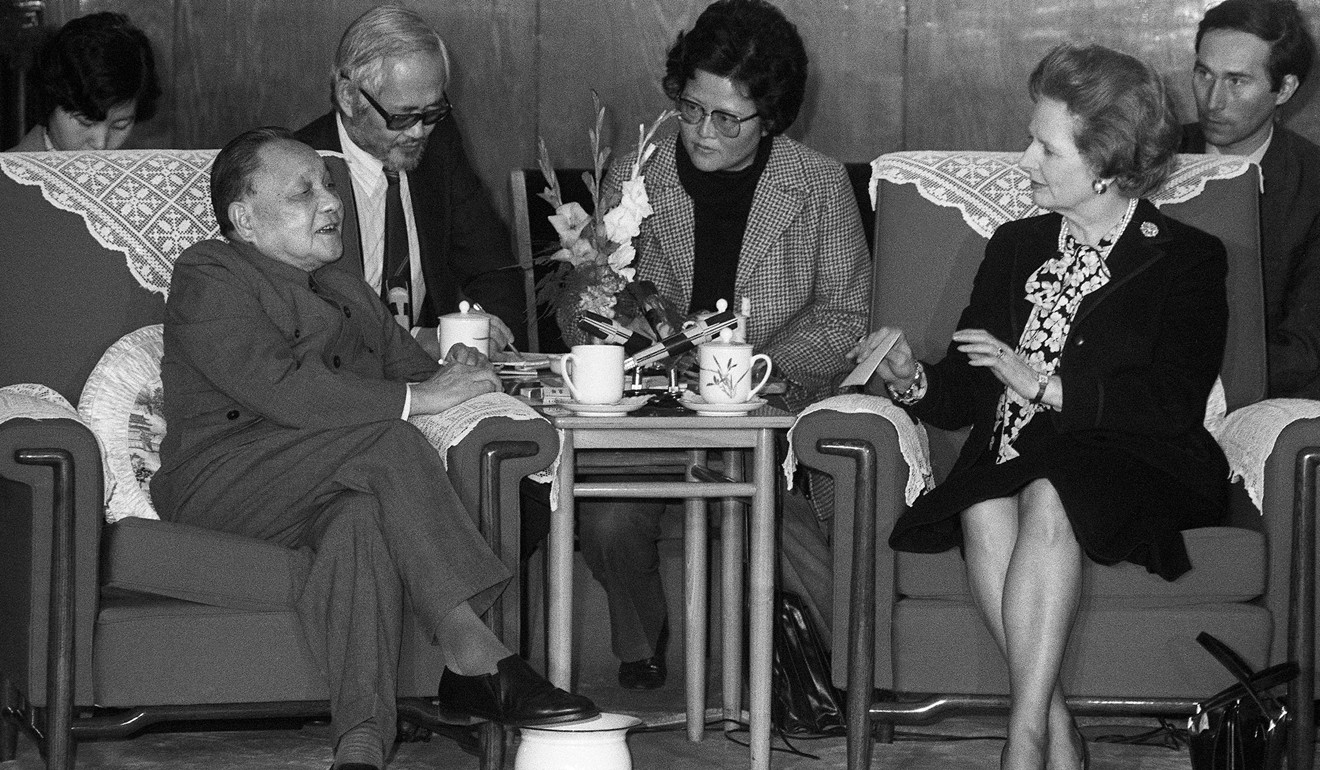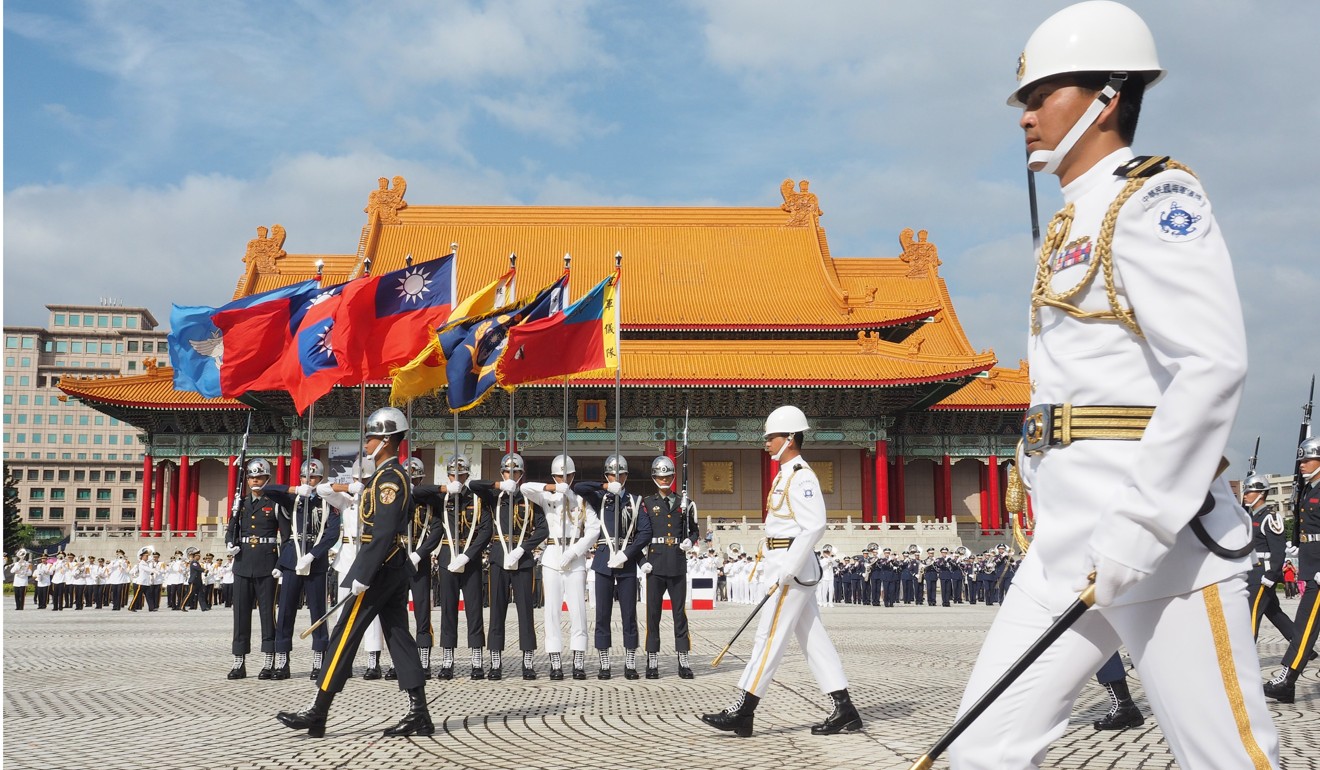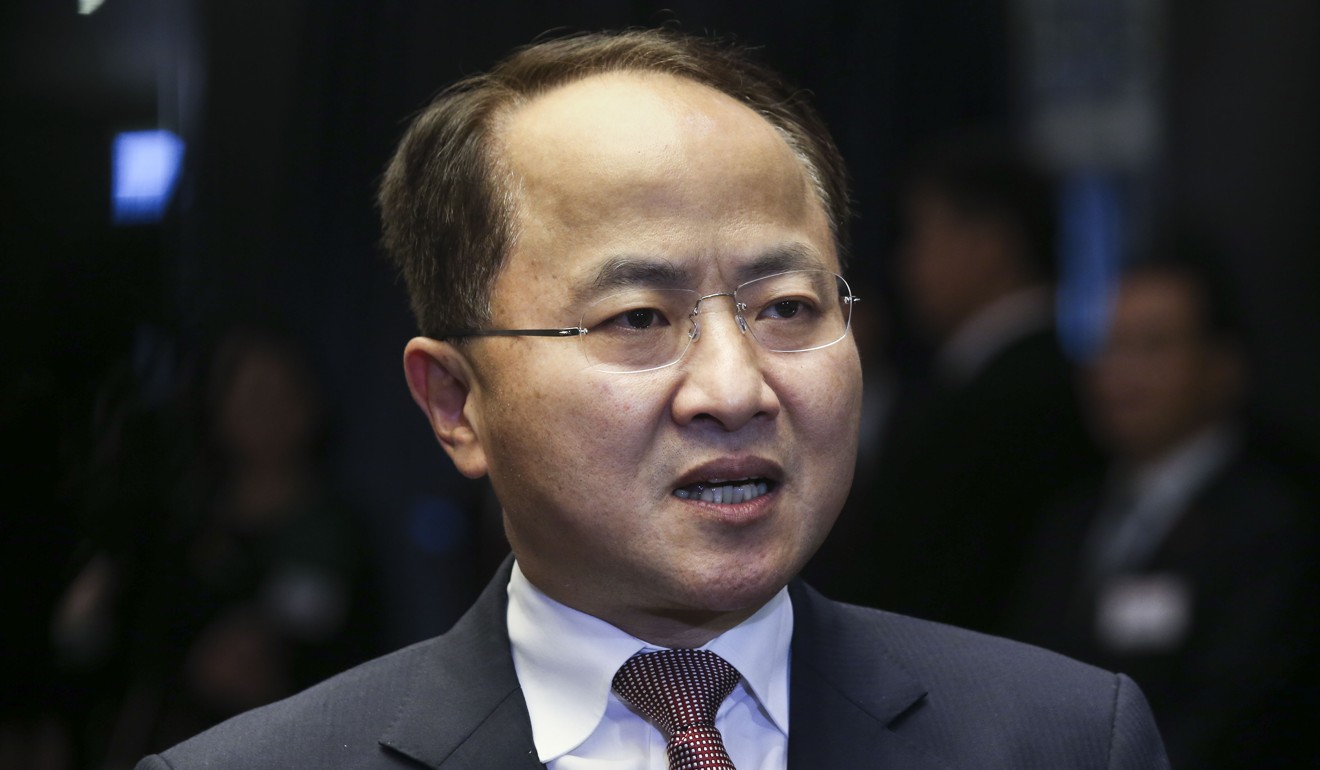
Can a Taiwanese academic and Chinese patriot serve as a new role model for Hong Kong?
A Shanghai-based scholar who had her passport revoked by Taipei after becoming a Communist Party delegate on the mainland is being held up as a shining example by Beijing of how Hongkongers should embrace the motherland
In the early 1980s, when Deng Xiaoping designed the constitutional principle of “one country, two systems” for Hong Kong’s transfer of sovereignty, it was an open secret that he, as well as the leaders in Beijing at the time, had Taiwan in mind – that one day, the island could be reunited with the motherland under the same governing formula.
Time flies and things change; 20 years after Hong Kong’s handover, it’s still unlikely that Taiwan will appreciate the Hong Kong model, given the ups and downs in cross-strait relations over the decades.
Tension between Hong Kong and the mainland remains a hot issue for governments on both sides, but Beijing insists this creative administrative design by Deng serves the city’s best interests.
So, when a Taiwanese academic based in Shanghai appeared in the Great Hall of the People last month as a delegate to the 19th Communist Party congress, she caused quite a stir.
Lu Lian, deputy dean of foreign languages and literature at the prestigious Fudan University, shocked many by proudly declaring what an honour it was for her to participate in such an important gathering of the ruling party. It immediately sparked huge media interest, given the many possible and profound implications.

One line of speculation suggested Beijing might actually have Hong Kong in mind by promoting Lu.
What is special about the 49-year-old academic is that, unlike the few other “Taiwanese” delegates who were actually born on the mainland or hail from the second generation of Taiwanese
living on the mainland, she was born and educated on the island. She went on to further her studies in Britain before eventually settling in Shanghai with her mainland-born Taiwanese husband in 1997.
She later joined the Communist Party and served in a number of political posts while holding her Taiwanese passport. But after the high-profile unveiling of her new position as a party delegate, Taiwanese authorities decided to revoke her citizenship.
This punishment apparently did not affect Lu much, but it unexpectedly and interestingly sparked interest among other Taiwanese studying on the mainland in joining the Communist Party.

That may explain why Wang Zhimin, the new head of Beijing’s liaison office in Hong Kong, who also participated in the congress, praised Lu last week in his speech at the Boao Youth Forum in Hainan.
Wang expressed his appreciation for Lu’s confidence in facing the many questions from the media about her party membership. He spoke of a “Lu effect” in play as she was influencing other mainland-based Taiwanese.
Wang went on to quote President Xi Jinping in stating that, as the biggest political party in the world, “the Chinese Communist Party must behave in a way commensurate with this status”.
However, Wang, who is an expert on youth issues, was sensitive enough not to link Lu directly with Hong Kong, since the Communist Party is not supposed to hold open activities here under the one country, two systems policy.

Nevertheless, Wang did try to send out the message that the current Beijing leadership has every confidence in the “China can [make it]” way of development.
He urged Hongkongers, especially young people, to reflect on the “Hong Kong is superior” feeling while not being troubled by the usual “Hong Kong is being marginalised” worries either. He stressed that while Beijing emphasised its “comprehensive jurisdiction” over the city, Xi also hoped Hong Kong could play an important role in the country’s rejuvenation drive.
It may be too early to say that Lu can be a new role model for Hong Kong youths, but Beijing apparently hopes to illustrate the appeal of the “new era” under Xi by showcasing the Lu phenomenon.

